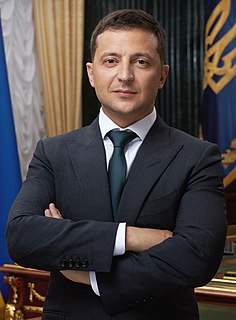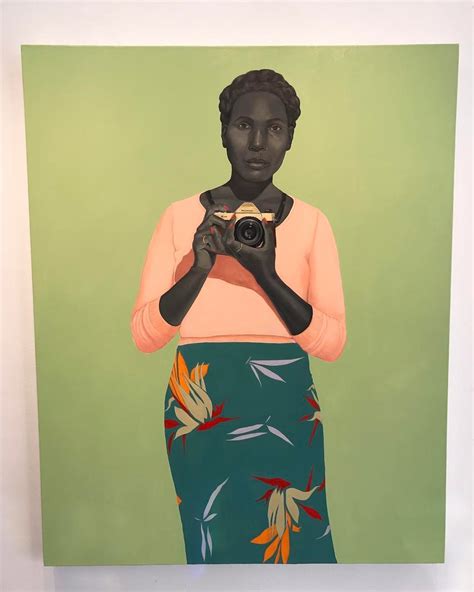A Quote by Tom Morello
My take is that there's two ways to approach history. You sit in your armchair and you watch it on the news and you return to your PlayStation. Or you get out in the streets and you make it. Like, when those Supreme Court justices, you know, legalize desegregation, it wasn't due to their infinite wisdom. It's because people whose names you do not read about in history books, people whose faces you will never see, were the ones who struggled and sacrificed, sometimes gave their lives, to make this country a more equal one. When, it's like those people don't make history, it's us.
Quote Topics
About
Approach
Armchair
Because
Books
Country
Court
Court Justice
Due
Equal
Faces
Gave
Get
History
History Books
Infinite
Know
Legalize
Like
Lives
Make
More
Names
Never
News
Out
People
Playstation
Read
Return
Sacrificed
See
Sit
Sometimes
Streets
Struggled
Supreme
Supreme Court
Supreme Court Justice
Take
Those
Two
Two Ways
Us
Watch
Ways
Were
Whose
Will
Wisdom
Your
Related Quotes
The function of traditional history is to create a citizenry that looks to the top - the president, Congress, the Supreme Court - to make the important decisions. That's what traditional history is all about: the laws that were passed, the decisions made by the court. So much of history is built around "the great men." All of that is very anti-democratic.
I get letters from two kinds of readers. History buffs, who love to read history and biography for fun, and then kids who want to be writers but who rarely come out and say so in their letters. You can tell by the questions they ask - How did you get your ?rst book published? How long do you spend on a book? So I guess those are the readers that I'm writing for - kids who enjoy that kind of book, because they're interested in history, in other people's lives, in what has happened in the world. I believe that they're the ones who are going to be the movers and shakers.
There's a lot we should be able to learn from history. And yet history proves that we never do. In fact, the main lesson of history is that we never learn the lessons of history. This makes us look so stupid that few people care to read it. They'd rather not be reminded. Any good history book is mainly just a long list of mistakes, complete with names and dates. It's very embarrassing.
I'm one of those persons who think that watching black people suffer is not an idea of entertainment. I know a lot about African American history, which is just American history, it's always been very fascinating to me. The premise of the play is remembering and honoring those persons whose stories would never be taken into account.


































